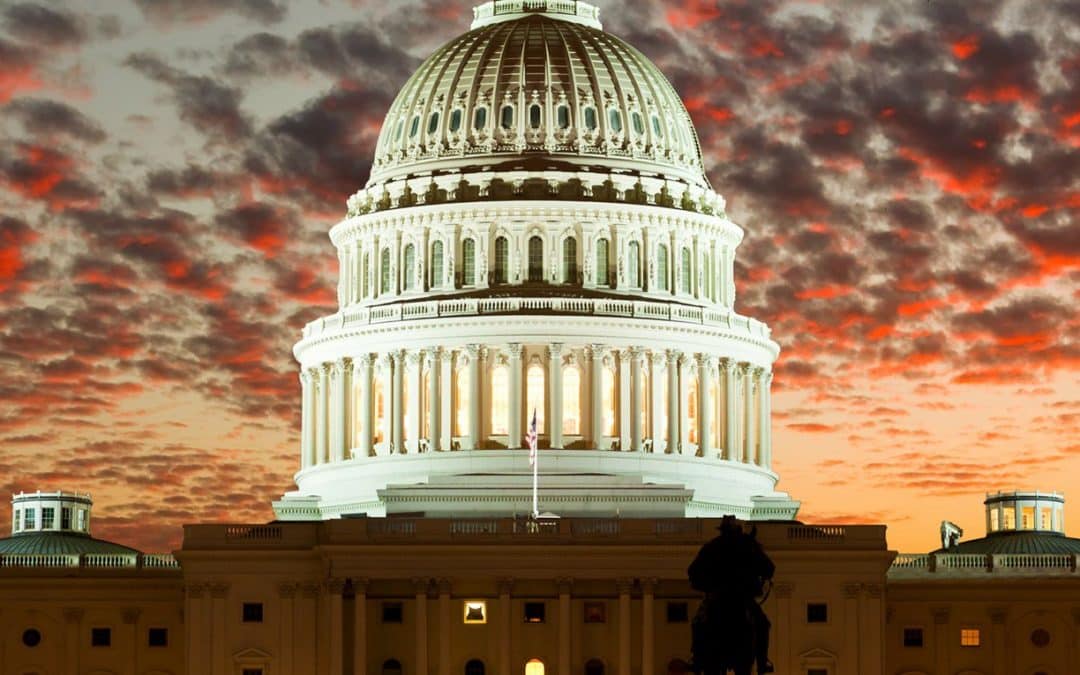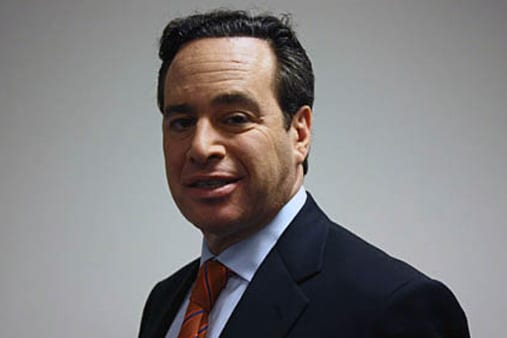When not assisting the continued politicization of America’s most powerful legislative branch, the media this week has relished in a variety of news items continuing to push the narrative that President Donald Trump is mentally unfit to hold office.While it’s fair to...


